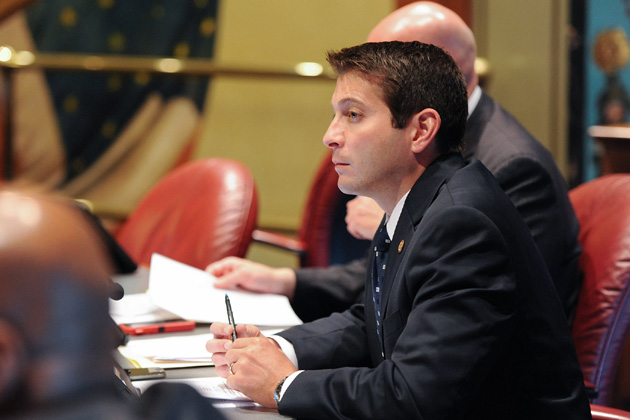
By Illinois Radio Network
SPRINGFIELD – State lawmakers are unclear what the U.S. Department of Justice’s threats Thursday to enforce federal marijuana prohibition on states with legal pot sales will mean for Illinois.
Marijuana remains illegal under federal law, and reports from Washington suggest that U.S. Attorney General Jeff Sessions intends to give district prosecutors more discretion to enforce cannabis prohibition at the state level.
That would mean the DOJ could end Obama-era guidelines that Illinois state Rep. Kelly Cassidy, D-Chicago, said were meant to provide clarity to how legal marijuana businesses such as dispensaries and cultivation centers in Illinois should legally operate.
“Businesses want to know what to expect. They need to know what to do,” Cassidy said. “Ensuring they’re following financial tracking laws, ensuring they’re addressing concerns about leakage. This wasn’t revolutionary, this was common sense.”
But with most states, including Illinois, having a medical marijuana provision and the state’s legislature debating whether to legalize pot for recreational use, Cassidy said the DOJ’s moves could cause a chaotic patchwork. That, she said, depends on how zealous federal prosecutors will be in enforcing federal marijuana laws.
“What we could see [are] businesses operating legally in some jurisdictions, relatively unbothered,” Cassidy said, “and … other areas where raids are a regularity.”
State Sen. Jason Barickman, R-Bloomington, hears those concerns. He believes there’s already a patchwork that exists, and it’s “reflective of the standards and norms that arise from local decisions.”
Barickman, who recently came out in support of the debate about making cannabis legal for adult use in Illinois, said he expects the U.S. Congress to act on the issue in order to help “remove some of the confusion that exists around the country because of the different approaches the states are taking.”
In a statement, Gov. Bruce Rauner’s office downplayed the significance of Sessions potentially changing federal policy, saying, “The impact remains to be seen. How federal prosecutors select which cases to prosecute was and remains a matter solely within their discretion, regardless of any state laws or policies.”
Gov. Rauner has opposed marijuana legalization during his tenure, and reiterated that stance as recently as December.
Cassidy has said she hopes to vote on her legalization legislation sometime this year.






